UN chief calls for complete nuclear disarmament of North Korea
The UN secretary general has thrown his weight behind the ongoing talks between North Korea and the US over the former’s nuclear disarmament, stressing that Pyongyang must be denuclearized in an "irreversible" and "verifiable" way to prevent another Hiroshima or Nagasaki incident from happening.
Antonio Guterres made the comments after a Wednesday meeting with Japanese Prime Minister Shinzo Abe in Tokyo.
The meeting was held ahead of Guterres’ Thursday participation in an annual ceremony to mark the 73rd anniversary of the US’ atomic bombing of Nagasaki.
Guterres will become the first-ever UN chief to attend the Nagasaki Peace Memorial Ceremony. Earlier, his predecessor Ban Ki-moon had participated in a 2010 ceremony marking the anniversary of the Hiroshima bombing.
Addressing a joint press briefing in the Japanese capital, Guterres said he fully supports the negotiations underway between Washington and Pyongyang, calling for the full denuclearization of North Korea.
There should be "no more Nagasaki, nevermore Hiroshima,” the UN chief said.
He also underlined the significance of the “battle for non-proliferation of nuclear weapons,” saying that it is “absolutely central to achieve the denuclearization of North Korea.”
The UN secretary general said it is also important “to avoid the escalation of the crisis in the Middle East and Iran.”
Tehran is currently at odds with the US over President Donald Trump's pulling out of the Iran nuclear agreement and his signing of an executive order re-imposing sanctions on Iran to levy "maximum economic pressure" on the Islamic Republic.
The Japanese prime minister, for his part, said his country is the only nation in the world to be hit by nuclear bombs, and will spare no effort to realize a world without nuclear weapons.
Abe stressed that Tokyo will play a leading role in realization of this objective by “working closely with the UN and the international community."
Read more:
The US attacked Japan with atomic weapons twice at the end of the World War II, in the city of Hiroshima on August 6, 1945, and in Nagasaki three days later.
The twin bombings killed 140,000 people in Hiroshima and 74,000 more in Nagasaki. Many Japanese people died immediately while others succumbed to injuries or radiation-related illnesses later.
VIDEO | TELECOM 2024 brings together ICT firms in Iran
South Korea’s parliament impeaches acting President Han Duck-soo
Iran FM in China for 'more consultations' amid 'sensitive' circumstances
VIDEO | Israel, worried about ...
VIDEO | Press TV's news headlines
Settler fatally stabbed; five Israeli soldiers killed, injured in Jabalia
Rampant poverty in Israel and implications
UN chief: Israel strikes on Sana'a airport, power plants 'alarming'



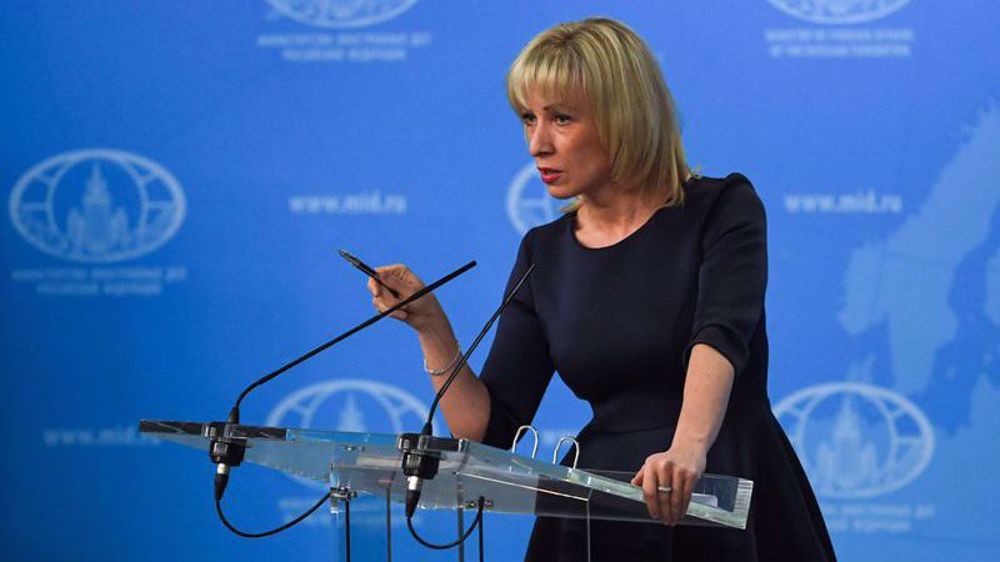
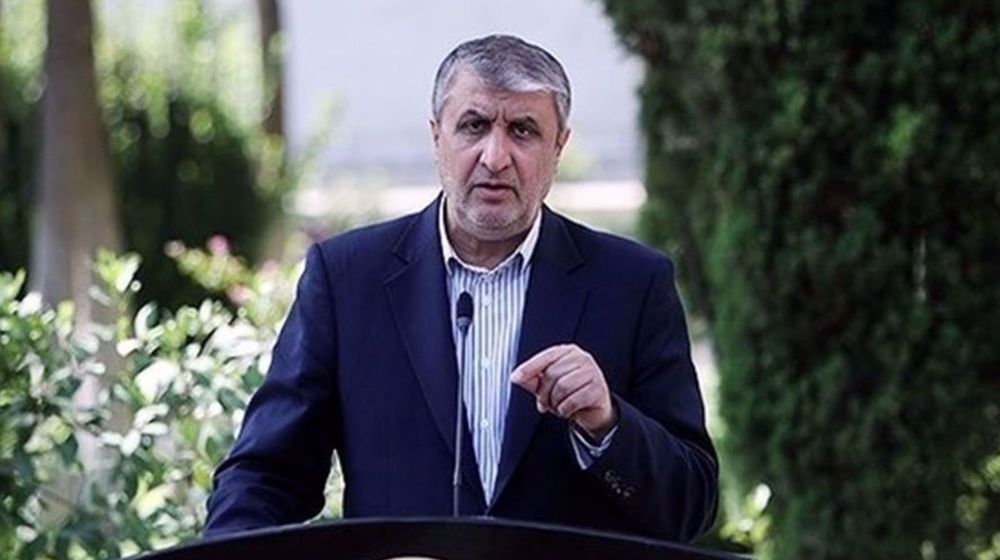
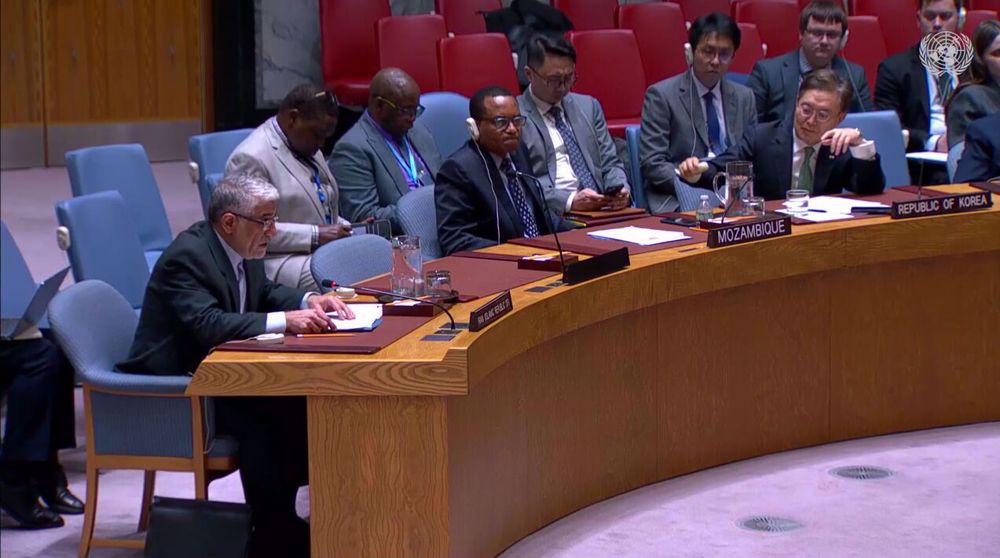



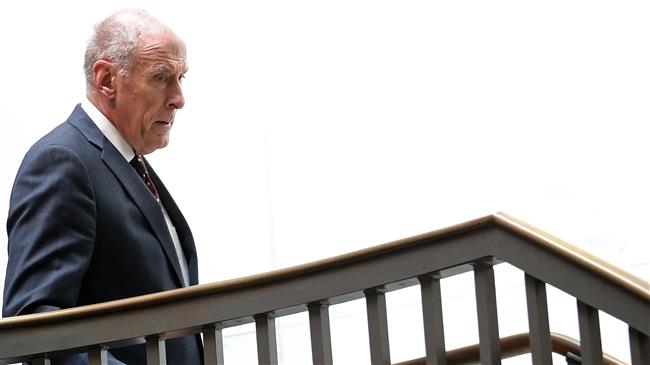
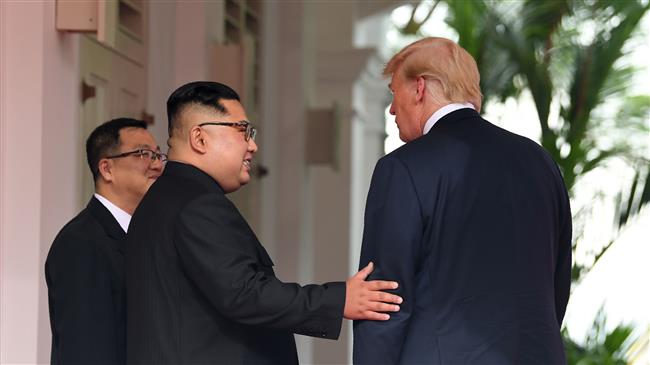

 This makes it easy to access the Press TV website
This makes it easy to access the Press TV website